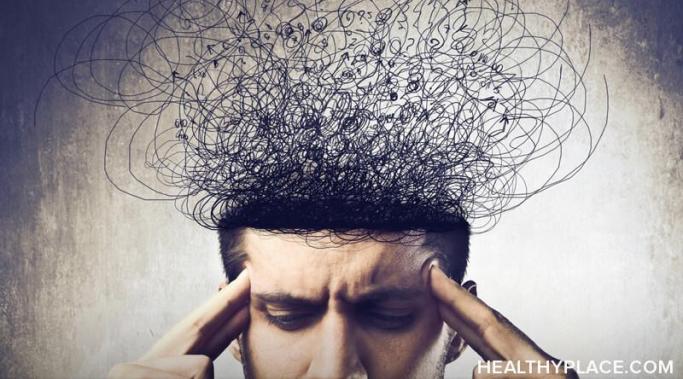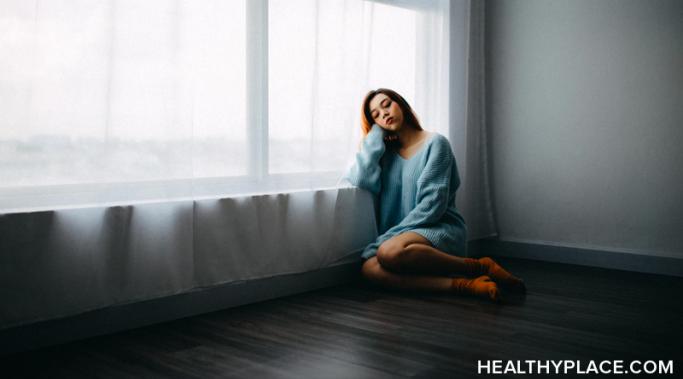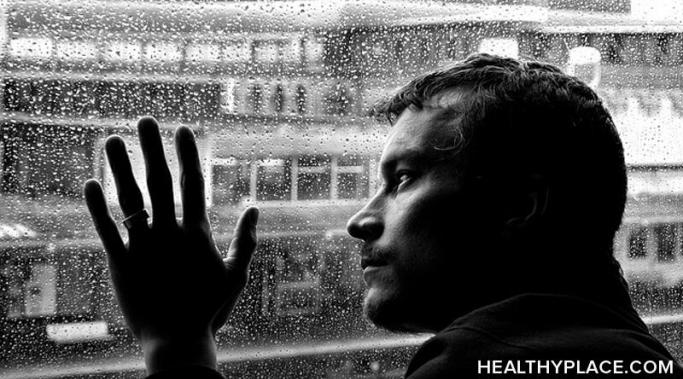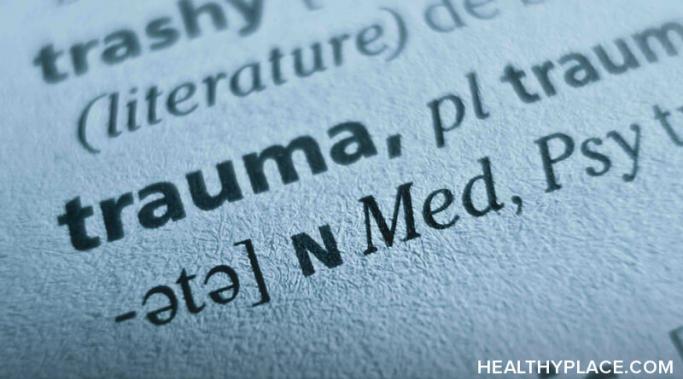Overthinking is often held responsible for causing anxiety and vice versa, and it should be. However, I recently realized that overthinking and depression can be problematic too.
Coping with Depression
On June 14, Sushant Singh Rajput, a rich and famous Bollywood actor killed himself with seemingly no reason to be depressed. The man was only 34 years old and was on prescription drugs for depression. As we fans grieve, multiple questions are being raised, from the expected to the sensational. And there is one question that is being asked over and over: what drove him to commit suicide? Being rich and famous, he had everything going for him. Surely he had no reason to be depressed in the first place.
If you have depression, consulting a therapist is the smartest move you can make to learn healthy coping mechanisms to deal with it, but self-therapy for depression can help you in a pinch.
Going by my conversations with friends and readers, COVID-19 has given rise to a new kind of depression: quarantine depression. As the term implies, it is a direct result of the quarantine. But like most things in life, there are ways to manage it so that it doesn't consume you. Here are some tried and tested tips that I am using to reduce the intensity of my quarantine depression.
This is my final post as a blogger for HealthyPlace. Over the years, I've written for both Coping with Depression and Speaking Out About Self-Injury, and had the opportunity to interact with readers generous enough to share their experiences and opinions with others. I appreciate each and every person who visited these blogs, even just out of curiosity.
I started my journey on the "Coping with Depression" blog almost three years ago. Today, I am writing my final post for this blog. I have been fortunate to work for HealthyPlace and will always be grateful for the time and space I was given here. I conquered both fear and doubt to become a mental health blogger, and I could not have done that without the support and guidance of the team and staff at HealthyPlace.
The mixture of chaos and depression will increase the longer we continue to face the COVID-19 pandemic. When chaos takes place in our mind, we can have a harder time coping with our depression. I am finding this to be true for myself over the past several days. If you, too, are feeling more chaotic and finding it especially difficult to cope with your depression lately, then let's see if we can figure out some coping strategies that might help.
The COVID-19 pandemic has caused me to struggle with certain aspects of my depression more than I usually do, but I'm trying to cope in healthy ways. If you're also having trouble coping with your depression during this difficult time, maybe some of these ideas can help you, too.
We should not underestimate the effects of stressful events on depression. Modern technology offers most of us the opportunity to know what's going on all over the world at any given moment of any given day; yet, so many of the current news stories have the potential to add to our stress and possibly worsen our depression. I've been struggling with managing my depression while also trying to find a balance between being adequately informed versus becoming pulled down into a major depressive episode due to information burnout.
There are some of us with depression who have experienced trauma during our lives. This trauma may have occurred prior to or after our diagnosis of depression. For those who have been through traumatic experiences, these events can have a profound effect on their depression. Armed with this knowledge, what can those of us with depression -- and those close to people with depression -- do with this information? (Note: This post contains a trigger warning.)
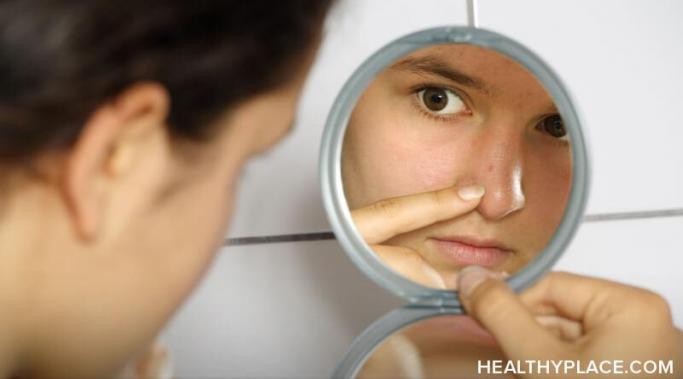
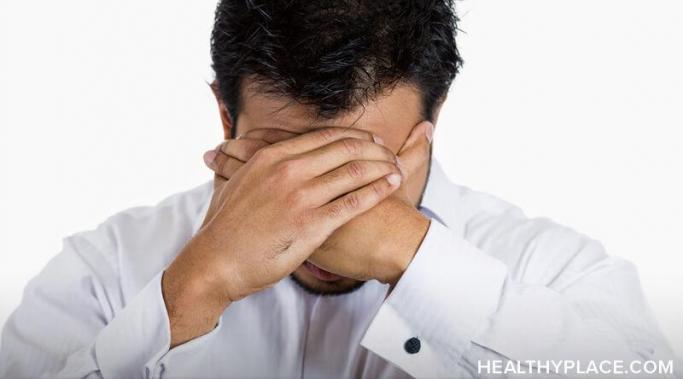

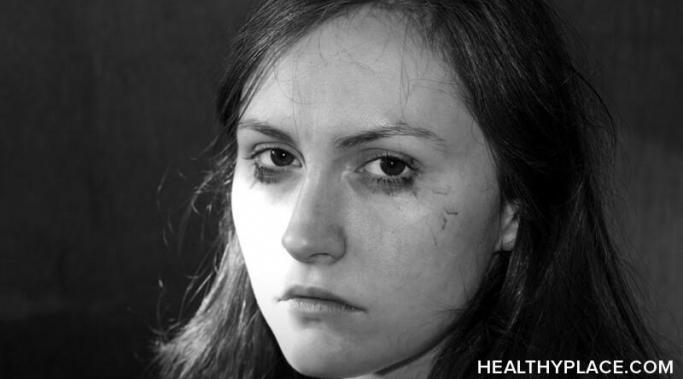
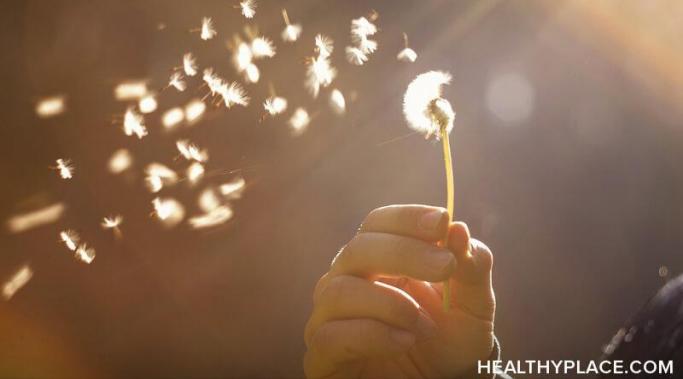
.jpg?itok=tKv3vYD6)
